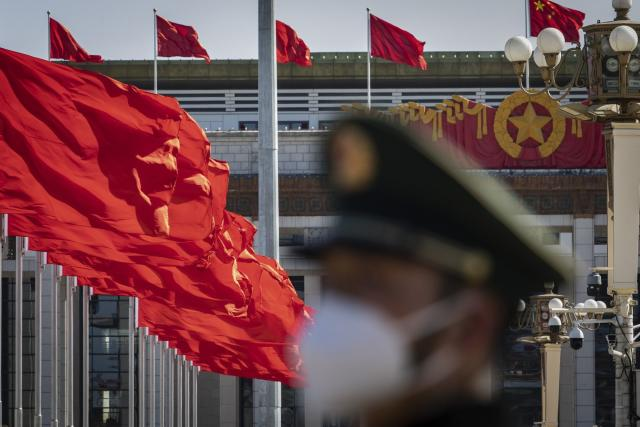China recently passed a new foreign-relations law granting the government authority to retaliate against overseas actors deemed harmful to its interests.

The law covers various aspects including foreign investment and international organizations. Many consider it as a reaction to the escalating tensions between China and Western countries. These tensions primarily revolve around concerns about human rights and the treatment of Uyghur Muslims in Xinjiang province.
China has enacted legislation that grants them a legal basis for counteracting imposed sanctions from the United States and its allies. The law also enables China to limit foreign investment and international involvement.
The response to this legislation has been varied, with certain analysts praising it as a crucial step to protect China’s interests. However, others condemn it as a sign of China’s increasing assertiveness and their intention to challenge the current global order.
The potential impact of the law on China’s foreign relations holds great importance. It is expected to create obstacles for the United States and its allies in pressuring China. Moreover, it has the potential to intensify tensions between the two sides.
Overall, this new law reflects China’s evolving approach to foreign relations, signaling a more assertive stance in defending its interests and challenging the established international system.
